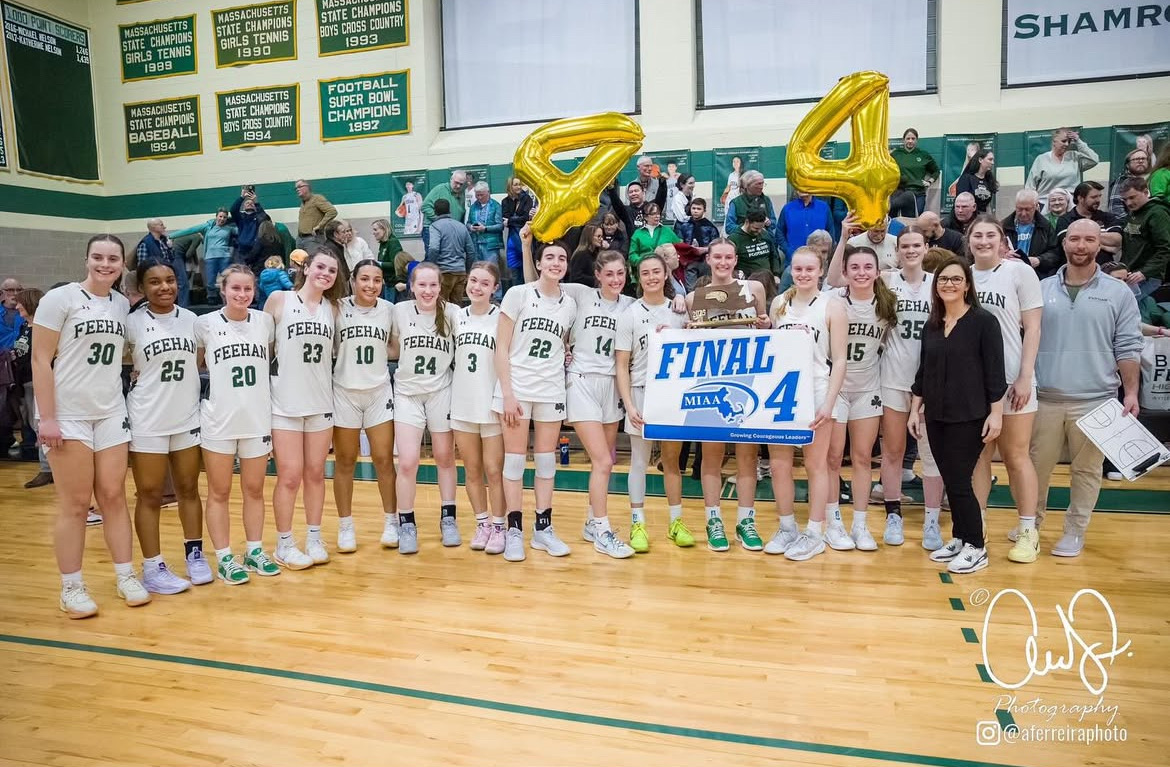The 2024 presidential primaries have been well under way for both the Republicans and Democrats this January. Despite this, the 2024 election looks to be similar to the 2020 election.
On January 5, the Supreme Court agreed to hear an appeal from former President Donald Trump regarding his removal from the Colorado presidential ballot. Colorado and Maine have disqualified Trump from their presidential ballots in December, citing Section 3 of the 14th Amendment and his actions on January 6, 2021, but Trump will remain on the ballot in those states pending the appeal.
Former New Jersey governor Chris Christie withdrew from the presidential race on January 10. The 5th Republican debate was held on the same day between former South Carolina governor and UN ambassador Nikki Haley and Florida governor Ron DeSantis; Trump did not attend the debate, while entrepreneur Vivek Ramaswamy did not qualify for it.
The Republican Iowa caucuses were held on January 15. Trump was the runaway winner, gaining 51.01% of the vote and 20 delegates for the Republican National Convention. (A candidate must secure a majority of delegates at the convention to gain a party’s nomination.) Ron DeSantis and Nikki Haley finished close to each other for second and third; DeSantis received 21.23% of the vote and obtained 9 delegates, while Haley received 19.12% of the vote and 8 delegates. After gaining only 7.66% of the vote and 3 delegates in Iowa, Vivek Ramaswamy finished a distant fourth, gaining only 7.66% of the vote and 3 delegates.
Following his poor showing in Iowa, Ramaswamy withdrew from the race and endorsed Trump. Former Arkansas governor Asa Hutchinson, who got only 0.17% of the vote in Iowa, also withdrew on January 16. Two more debates were scheduled to be held between the Iowa caucuses and New Hampshire primary, but they were both canceled. On January 21, DeSantis, a previous front runner, withdrew from the presidential race and endorsed Trump. He was the not only former candidate to support Trump; South Carolina Senator Tim Scott, who had been appointed to the Senate by Haley, endorsed the former president on January 19.
Trump then secured a victory over Nikki Haley at the New Hampshire primary, obtaining around 54% of the vote and 12 delegates to Haley’s 43% and 9. The New Hampshire Democratic primary was not approved by the Democratic National Convention because they moved South Carolina to be the first primary. As a result, incumbent president Joe Biden was not on the ballot, but he still won the primary as a write-in candidate with about 64% of the vote. US
Representative Dean Phillips from Minnesota came in a distant second with around 20% of the vote, while author Marianne Williamson finished with about 4% of the vote.
Trump’s victories in Iowa and New Hampshire and the withdrawal of most of his opponents put him in a strong position to gain the Republican nomination for president over Nikki Haley. Trump currently has 32 delegates; all other candidates have 29 combined, with Haley having 17. With President Biden not facing any strong challengers, the 2024 election looks set to be a repeat of Trump v. Biden from 2020, although it remains to be seen if independent candidates like Robert F. Kennedy, Jr. will shift the makeup of the race.
The 2024 presidential election will take place on Tuesday, November 5.





















